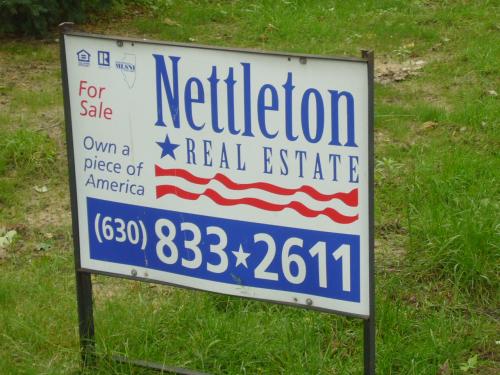
Successful land speculation (also known as “real estate investment”) is really a matter of taking for yourself the gains that belong to the community. George Menninger is one of the many who have done it, but he’s exceptional in his understanding of what he did, as well as his sympathy for his victims. He’ll explain how the bad public policy he exploited not only made him rich, but led to continued poverty, unemployment, and even the recent economic meltdown.
Menninger is a Henry George School volunteer instructor, and this stand-alone session also serves as the introduction to his modern version of Progress & Poverty. After his talk, you may, if you wish, sign up for the five-session course.
An evening with Bob Jene to compare the Georgist fiscal reform to the TARP bailout, “Fair Tax,” Flat Tax, Bush tax cuts and government money creation. A gist of each proposed or attempted solution to the “great recession” will be given including QE I, QE II and QE III. Attendees will rank the proposed remedies on a scale of 1 to 10 based on 8 criteria.
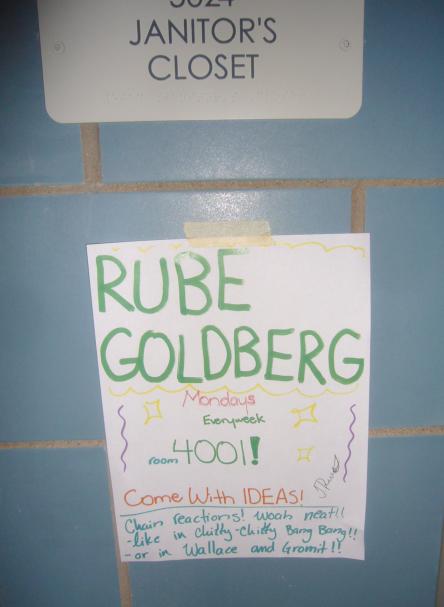
Would Rube Goldberg have been able to design a less straightforward system of funding government than the U S Federal income tax? In this presentation, HGS instructor Bob Jene looks at what it costs to collect this revenue. The direct cost to the government of operating the Internal Revenue Service is only a small part, as the burden put on the taxpayer, and the diversion of effort from productive uses, should also be considered.
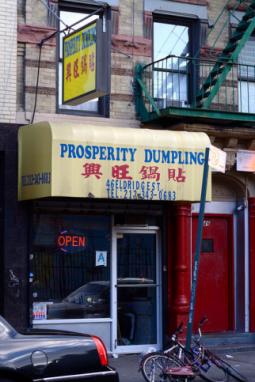
An evening with Bob Jene to compare the Georgist fiscal reform to the TARP bailout, “Fair Tax,” Flat Tax, Bush tax cuts and government money creation. A gist of each proposed or attempted solution to the “great recession” will be given including QE I, QE II and QE III. Attendees will rank the proposed remedies on a scale of 1 to 10 based on 8 criteria.
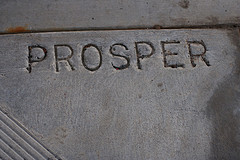
An evening with Bob Jene to compare the Georgist fiscal reform to the TARP bailout, “Fair Tax,” Flat Tax, Bush tax cuts and government money creation. A gist of each proposed or attempted solution to the “great recession” will be given including QE I, QE II and QE III. Attendees will rank the proposed remedies on a scale of 1 to 10 based on 8 criteria.
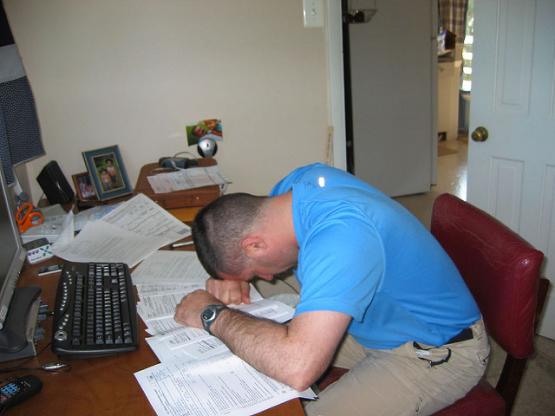
Do we need to suffer like this (and/or pay someone else) in order to fund government? In this presentation, HGS instructor Bob Jene looks at what it costs to collect income taxes. The direct cost to the government of operating the Internal Revenue Service is only a small part, as the burden put on the taxpayer, and the diversion of effort from productive uses, should also be considered.
In the 19th Century, Henry George proposed to end poverty by recognizing a clear and logical distinction between private property and community property. America took a different path, but George’s proposal remains valid and would still provide widespread prosperity. Chuck Metalitz explains.
Attendees at this free event will have the opportunity to sign up for the Progress & Poverty course which examines these ideas in much greater detail.
In the 19th Century, Henry George proposed to end poverty by recognizing a clear and logical distinction between private property and community property. America took a different path, but George’s proposal remains valid and would still provide widespread prosperity. Chuck Metalitz explains.
Attendees at this free event will have the opportunity to sign up for the Progress & Poverty course which examines these ideas in much greater detail.
